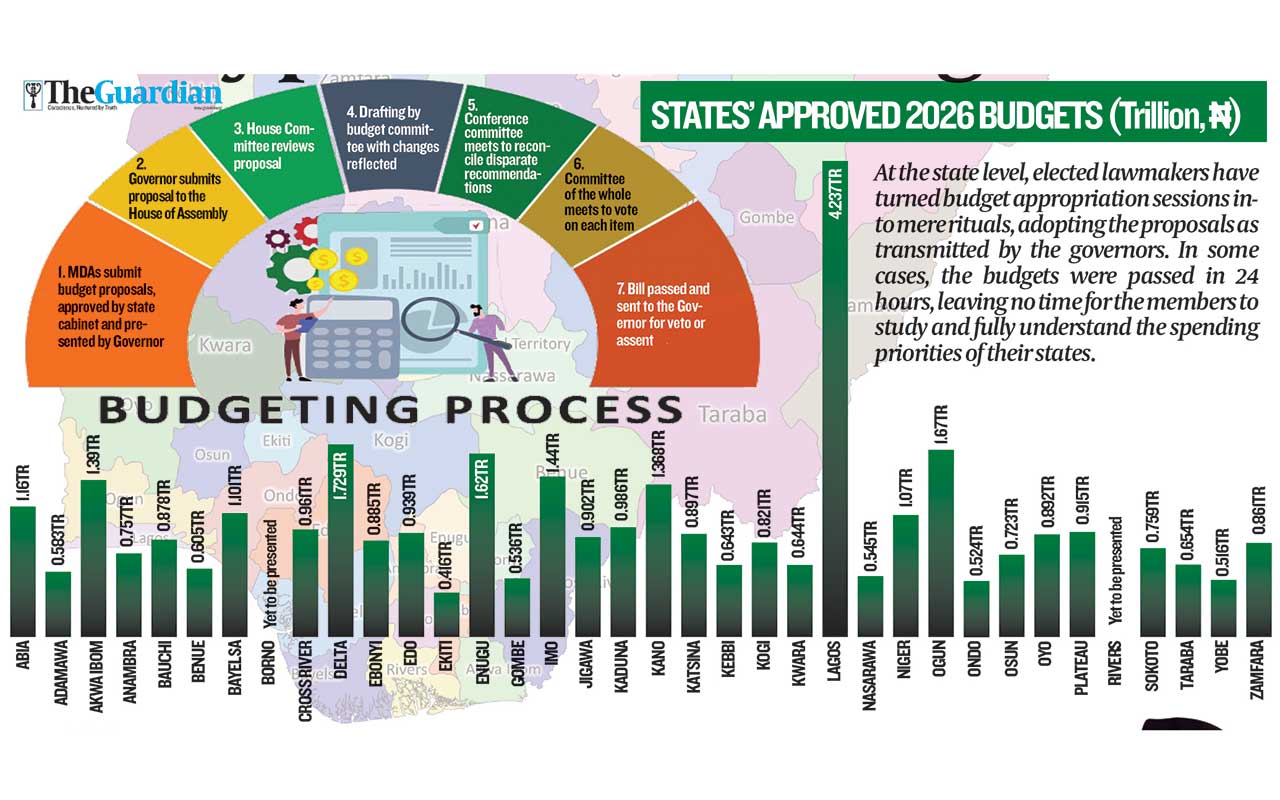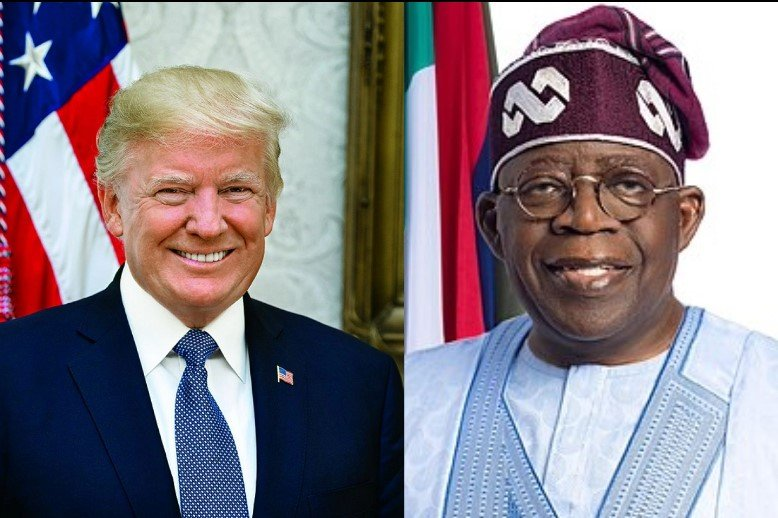The Electoral College Nigeria has officially graduated its 18th cohort, continuing its mission to enhance political literacy and civic engagement across the country.
In a statement on Monday, Kunle Lawal, the college’s Executive Director, said the institution now has over 15,000 associates nationwide and an “ever-expanding community” of citizens equipped with knowledge and skills to influence governance in Nigeria.
Lawal explained that participants in the 18th cohort received online training in political literacy, including lectures, debates, and community-based projects. “Over the years, the Electoral College has distinguished itself as a pioneering institution, bridging the gap between theory and practice in civic and political education,” he said.
He added that the 18th cohort blended intensive lectures with practical engagement. Participants carried out projects ranging from governance sensitisation campaigns to simulations of policy interventions, allowing them to apply classroom knowledge in real-world contexts.
“These projects reflected the true value of applied learning and ensured that education at the College is not only retained in the mind but also expressed in action,” Lawal said.
Debates and intra-cohort elections formed a central part of the programme, replicating Nigeria’s political processes.
According to Lawal, debates sharpened participants’ abilities to analyse national issues, engage in constructive dialogue, and defend policy positions, while the elections exposed them to party strategies, coalition-building, and campaign dynamics.
“These activities prepared them to navigate the complex realities of Nigeria’s political landscape, where understanding the mechanics of intra-party democracy is crucial to meaningful participation,” he noted.
The college’s curriculum is anchored on the Constitution, the Electoral Act, governance structures, and includes a focus on ethics, national identity, and citizenship. Lawal said graduates leave the programme as informed citizens and ambassadors of political literacy, tasked with promoting participation and accountability in their communities.
“The journey to over 15,000 associates is not simply a number—it is a reflection of years of sacrifice, creativity, and unwavering patriotism,” Lawal said. “Many alumni have gone on to lead civic initiatives, engage in party politics, or contribute to governance at different levels, reinforcing the ripple effect of the College’s work.”
Lawal highlighted that the physical projects carried out by recent cohorts have enabled graduates to introduce innovative solutions and awareness campaigns across wards, local governments, and states.
He said the college will continue expanding access to rural communities to build a Nigeria where citizens understand their rights, responsibilities, and power in shaping governance.






